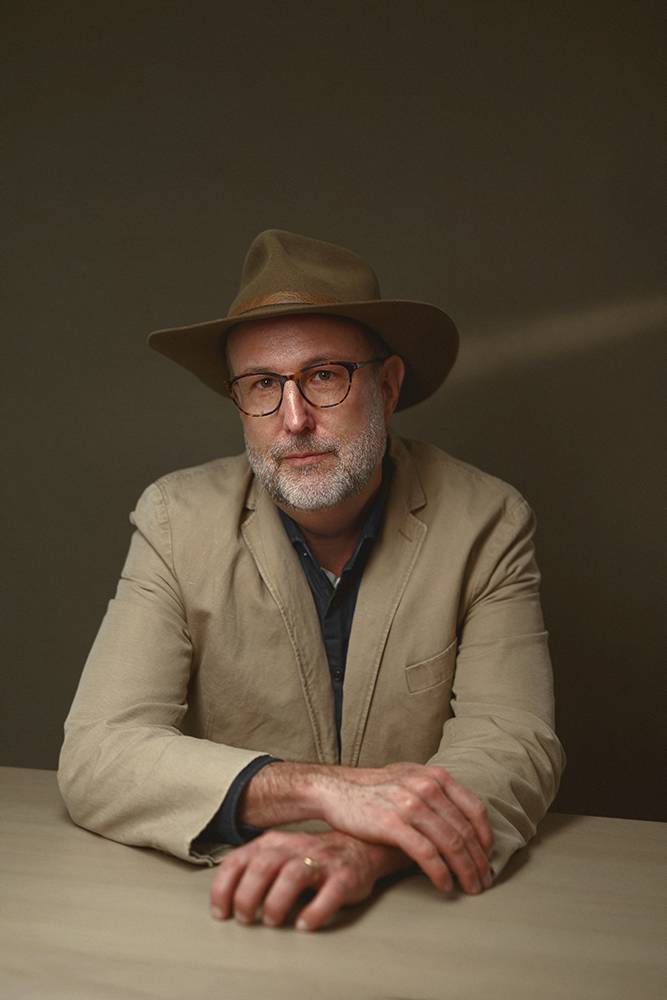Texas: An American History
Dr. Benjamin Johnson | Loyola University Chicago
Thursday, April 10, 2025 | 12:30 pm
TMH 101 and Online via Zoom
Registration Closed
Dr. Benjamin Johnson | Loyola University Chicago
Thursday, April 10, 2025 | 12:30 pm
TMH 101 and Online via Zoom
Registration Closed
When Americans turn on their laptops, play video games, go to church, vote, eat TexMex, buy groceries, listen to music, grill steaks, or watch football, they are paying tribute to Texas. Johnson’s lecture shines new light on why Texas has had such a powerful influence on U.S. history.
Texas historian Ben Johnson decided to put together a history of Texas that emphasized connections to the world, not differences. This is that book.
More on the book:
When Americans turn on their laptops, play video games, go to church, vote, eat TexMex, shop for groceries, listen to music, grill steaks, or watch football, they are, knowingly or not, paying tribute to Texas. Tracing the profound and surprising story of the Lone Star State, Benjamin Heber Johnson shines new light on why Texas has had such a powerful influence on U.S. history.
Texas is known to outsiders for mob violence, swaggering self-conception, and conservative politics, but Johnson reveals that the state has also been on the forefront of taming frontier violence, establishing LGBTQ rights, and developing modern businesses such as organic food and personal computing. Neither looking away from the dark chapters of Texas history nor letting them overshadow the achievements of democracy and pluralism that are some of the state’s greatest legacies, Johnson offers a balanced and inclusive history of an often contentious and stereotyped region, covering such topics as the persistence of Native Americans, the frontier story of the Alamo, agrarian populism, racial segregation, the state’s porous border with Mexico, and the way historical memory continues to shape the state’s identity. The reality of Texas, Johnson shows us, is even bigger than we think it is.

Benjamin H. Johnson (Ph.D., Yale, 2000; M.A., Yale, 1996, B.A., Carleton College, 1994) is a Professor in History and the School of Environmental Sustainability at Loyola University Chicago. Dr. Johnson's primary areas of research and teaching include environmental history, North American borders, and Latino history. He has taught courses on North American and world environmental history, natural disasters, immigration and ethnicity in the United States, and border and transnational history more generally.
His first book, Revolution in Texas: How a Forgotten Rebellion and Its Bloody Suppression Turned Mexicans into Americans (Yale University Press, 2003) offered a new interpretation of the origins of the Mexican-American civil rights movement. He continued his interest in Mexican American history in Bordertown: The Odyssey of an American Place (Yale University Press, 2008), a collaboration with photographer Jeffrey Gusky, and in journal articles about the ties between Mexican-American politics and postrevolutionary Mexico. His most recent book is Texas: An American History (Yale University Press, 2025), which explores the powerful and often unpredictable ways that Texas has had such a powerful influence on U.S. history.
Johnson’s other primary interest is in the social and political history of American environmentalism, the subject of his book Escaping the Dark, Gray City: Fear and Hope in Progressive-Era Conservation (Yale University Press, 2017). He has also become active in public history, co-founding the organization Refusing to Forget, which is dedicated to bringing public attention to the enduring legacies of 1910s racial violence through such measures as the erection of historical markers and museum exhibits.
Johnson’s essays have been published in such venues as The Journal of American History, Environmental History, Reviews in American History, and History Compass. His edited volumes include Steal this University: The Labor Movement and the Corporatization of Higher Education (Routledge, 2003), and The Making of the American West (ABC-CLIO, 2007). He co-edited Bridging National Borders in North America (Duke University Press, 2010) with Andrew Graybill, and Major Problems in the History of North American Borderlands (Cengage Learning, 2011) with Pekka Hämäläinen. He is a former editor of The Journal of the Gilded Age and Progressive Era and also serves as co-editor of the Weber Series in New Borderlands History at the University of North Carolina Press and the Journal of Texas History.